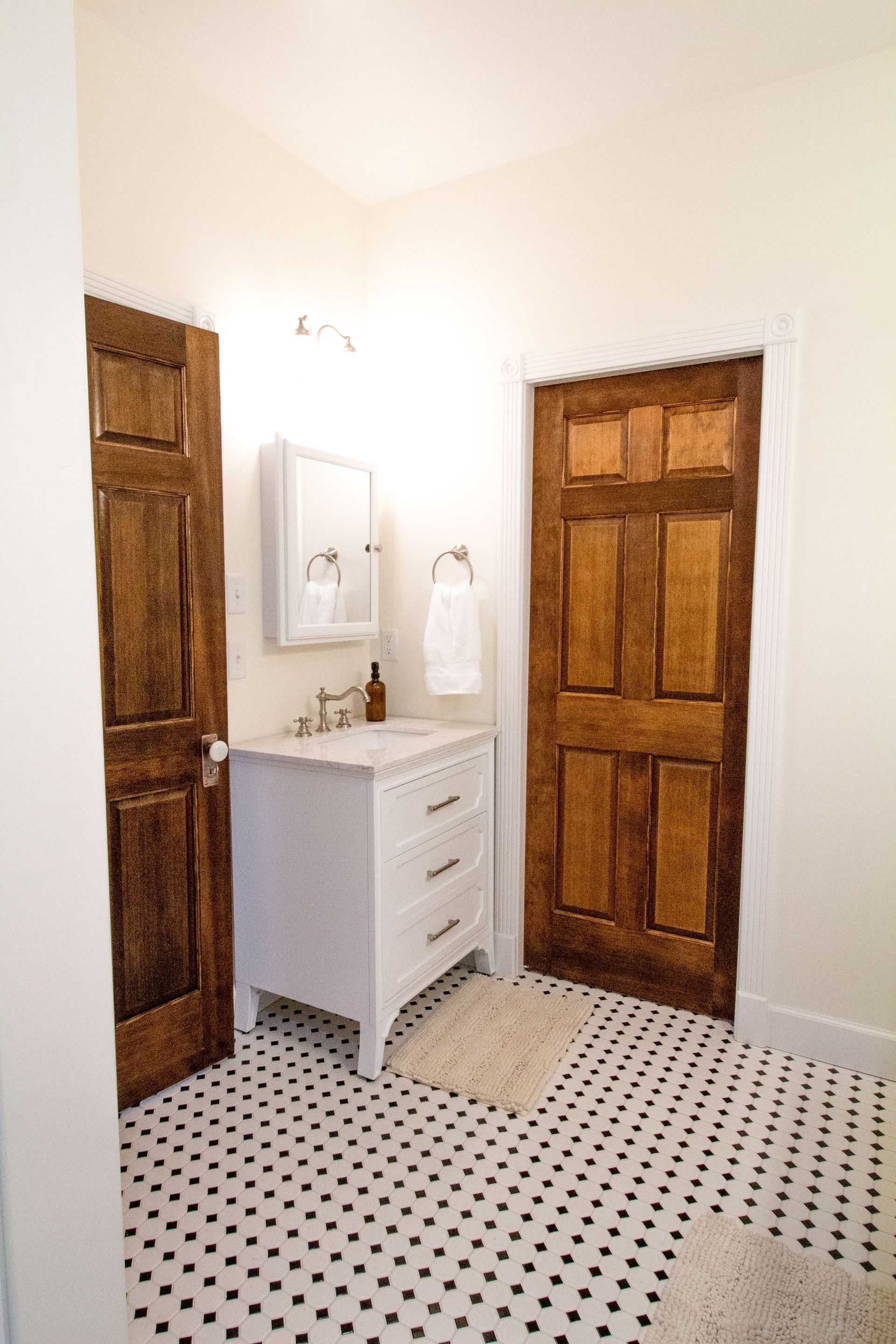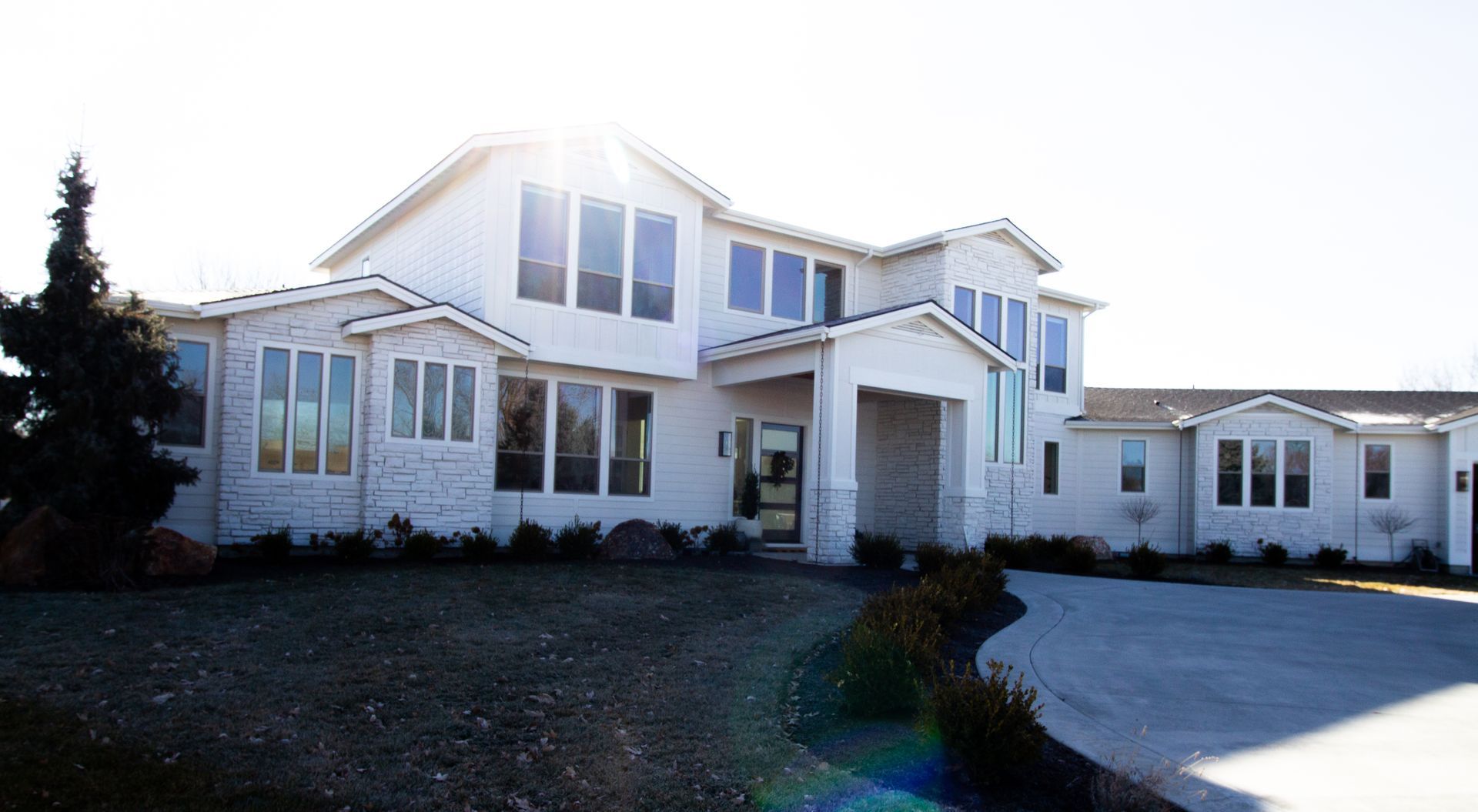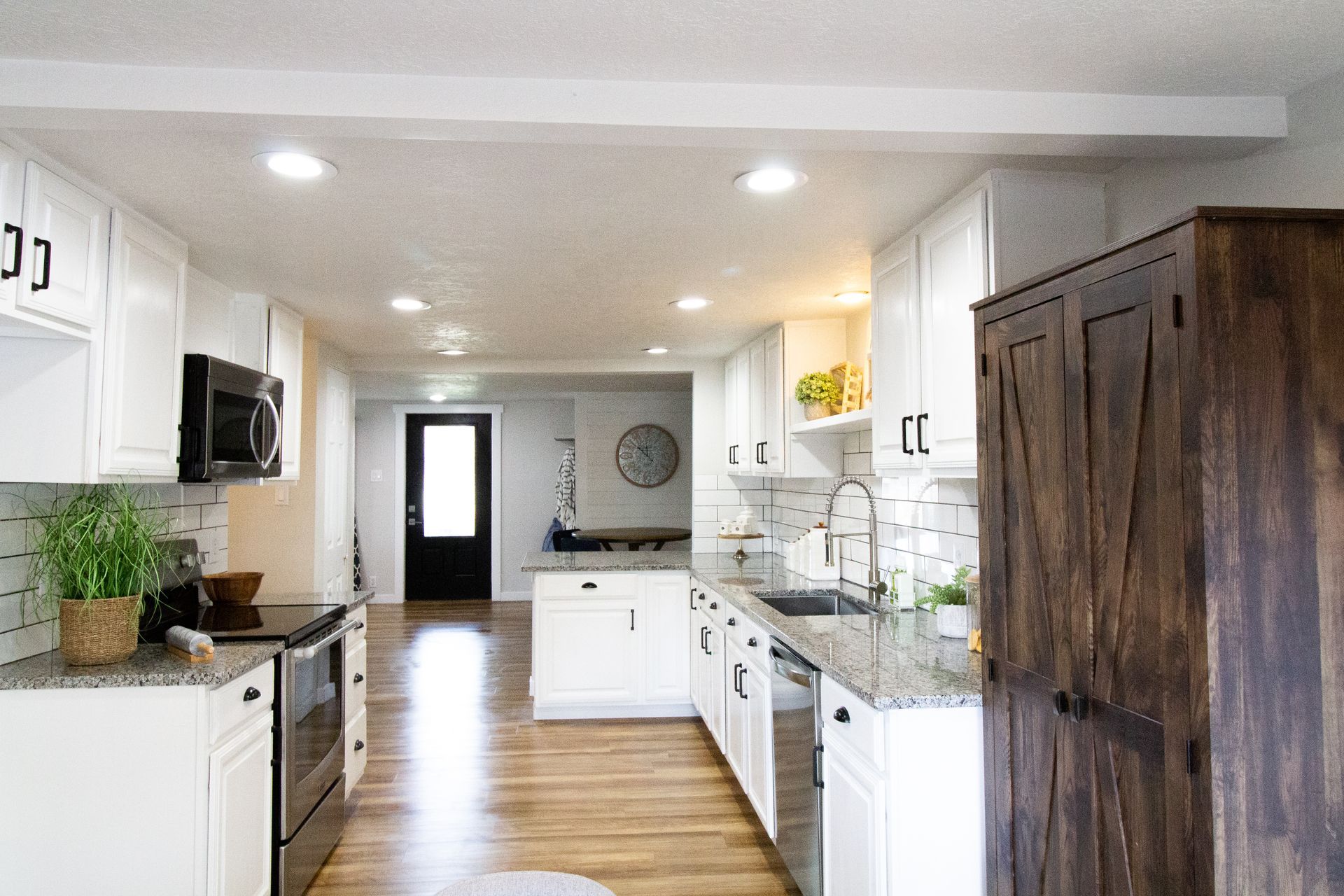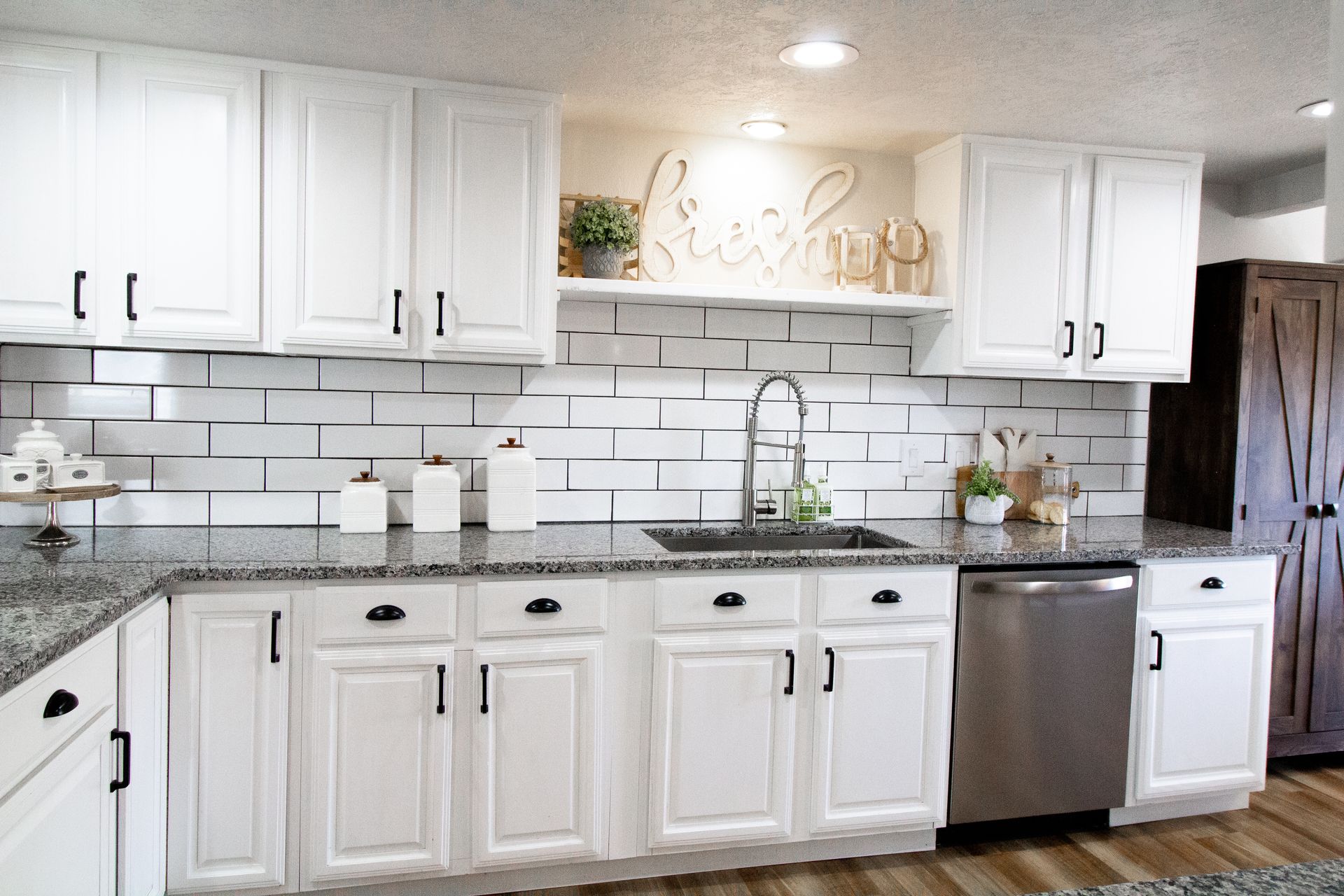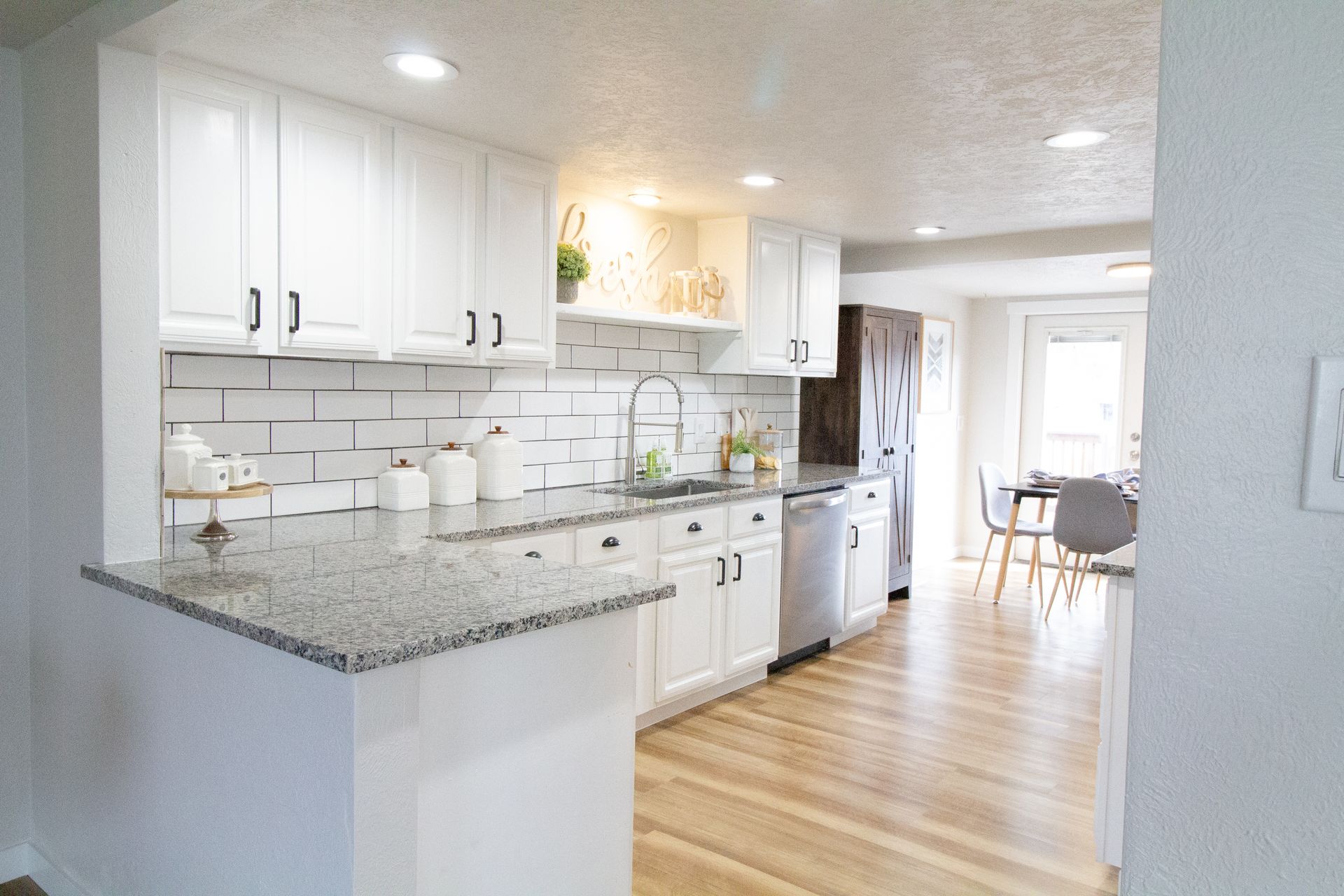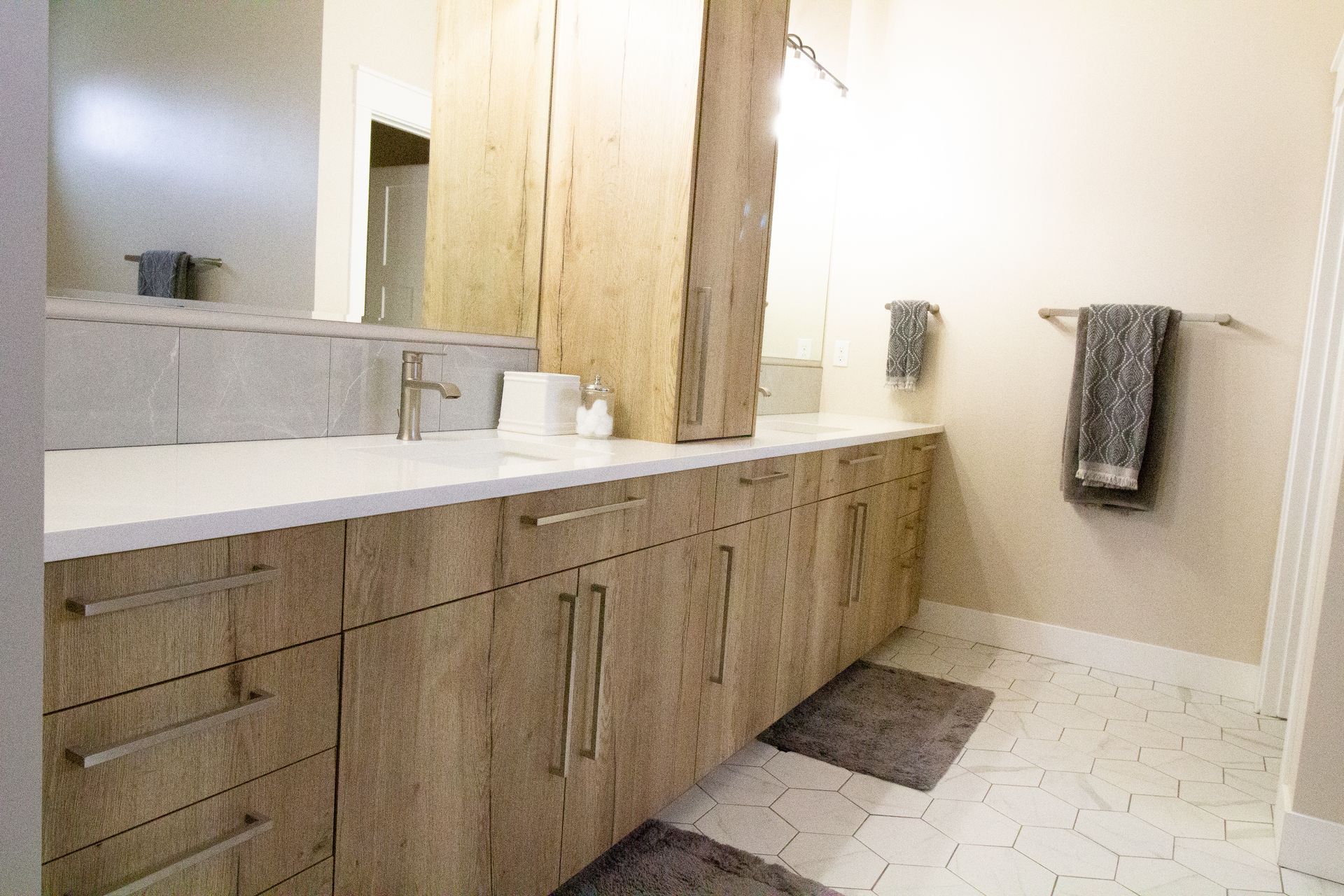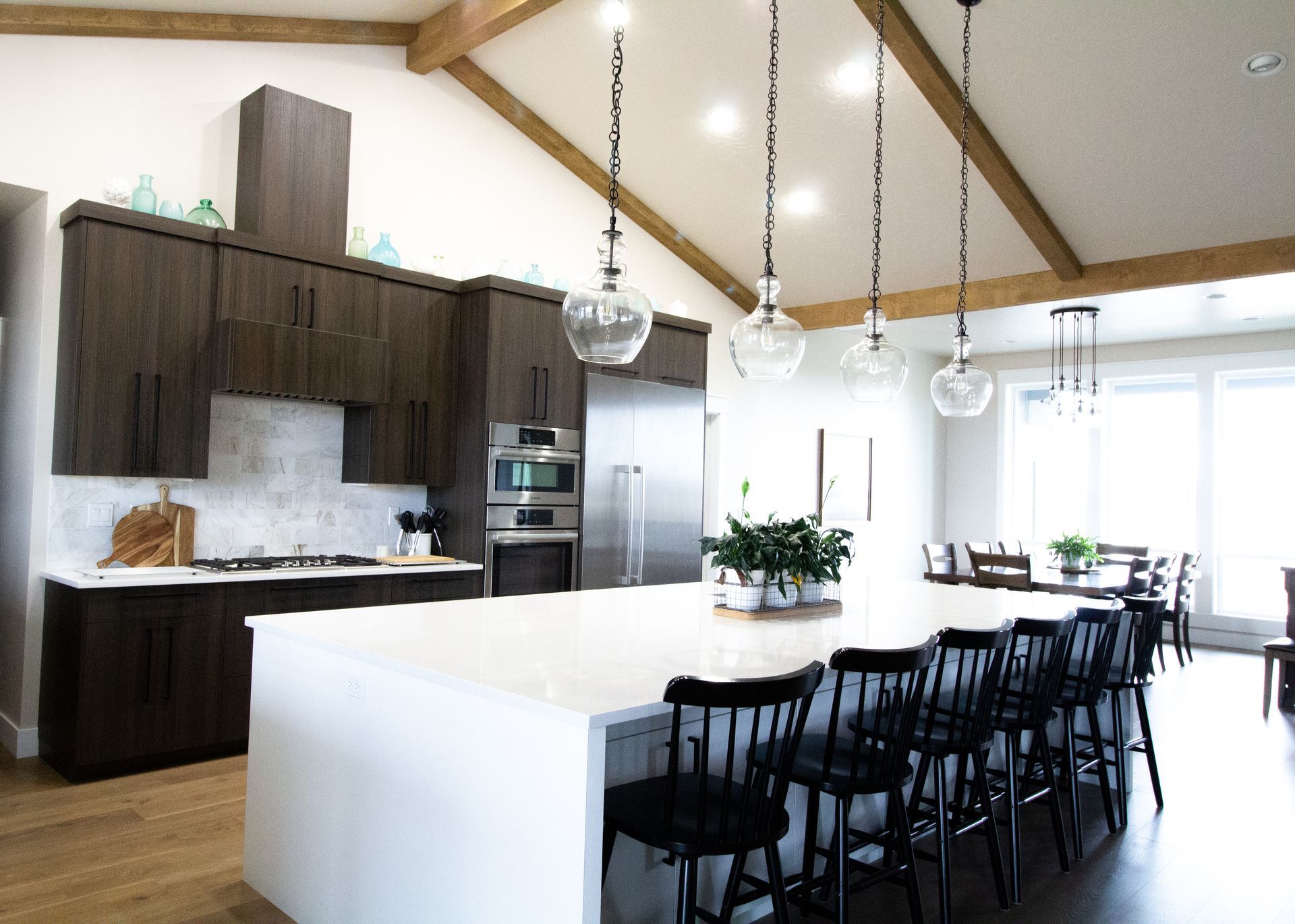What Makes a Good Custom Home Builder?
Finding the right custom home builder can be the difference between an incredible experience, a mediocre experience, and a marriage-ending experience.
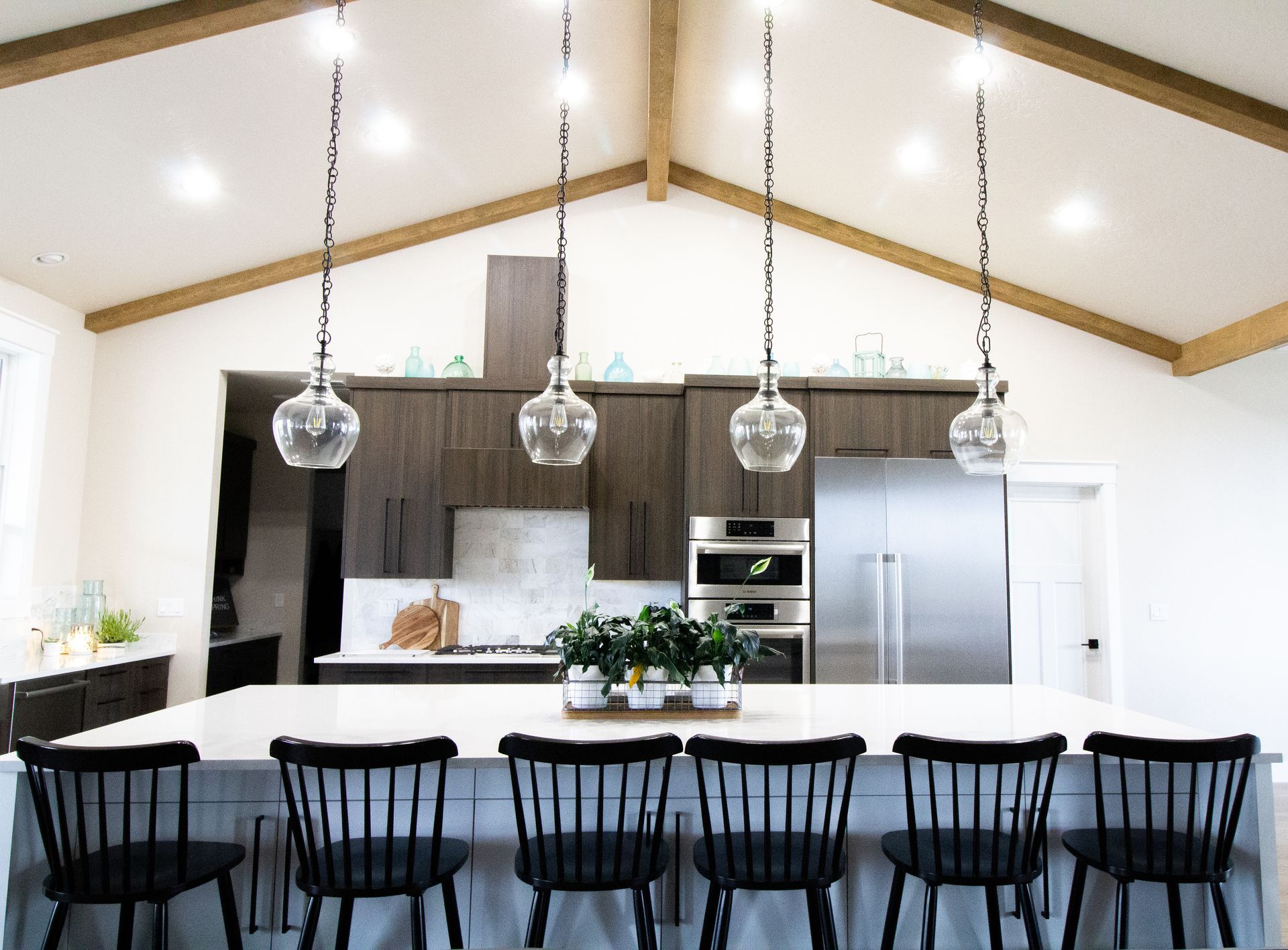
Not all custom builders are alike. Each builder will run projects differently, take on different types of projects, and their communication styles will vary. Some of the details depend on a personality fit between you and the builder. This would normally be the part where we give you a boring list that you scroll through and just read headings on. If you’re taking the time to read this, then I want to give you some solid information on how to identify a good custom home builder. So I’ll skip the list thing and just give you some headings with some solid information to help you make your decision.
Good Custom Builders Have Actual Construction Experience
If you’re building a true custom home–I’m talking about the one with the vaulted ceilings, arches, custom millwork, and beams–then you’ll want a builder who has some “boots-on-the-ground” construction experience.
Here’s the issue–if you’re doing a custom home, then you need a builder who understands the ins and outs of construction. Sure, your builder can follow the plans and get the general idea built into your home, but getting the building to “look like the picture” is the easy part. Making sure the stuff inside the walls that no one else ever sees is critical for a custom home. Simple things like knowing where to put extra framing inside walls to hold glass doors to showers, sustain dropped ceilings, and attach false beams are absolutely critical for a successful custom home build.
Most successful custom home builders have spent time framing walls, hanging drywall, and setting doors. Those experiences are extremely important–they teach a builder the fine details to pay attention to that contribute to the longevity of the home and the quality.
Organized Process
Construction is super complex in general. Unlike an assembly line or a production builder who can dial in specific details and then just copy and paste, a custom home builder has to build something new and totally unique every time. There is no copy and paste. They only way to make this work is by having a process and extreme organization. If your potential builder looks like he just rolled out of bed or wants to dial in the details for your home on the back of a napkin, you might be in for a really frustrating experience. Every custom home has hundreds of details to dial in–things like whether or not to use schluter metal for the tile or what type of transition to put between floors–and if your builder doesn’t have an organized process, you might not even end up with the house you thought you were paying for.
Good Communication
Everyone has that mechanically inclined buddy who has incredible skill but lacks good communication. Don’t let that stereotype fool you into hiring the wrong builder. Your builder needs to have top notch communication. If you want the best custom home builder in Kuna, then you’ll want a builder with good communication. This means good at communicating and also consistently communicating. If your builder ghosts you for days or weeks during the bidding process or just the “rough estimate” stage, then it’s a good time to start looking for a new builder. You need to be in the loop on the good and the bad with your project. A builder who communicates well will rarely have bad news–this is because he communicated with all the trades working on your home and rarely has issues to fill you in on.
Advisor
On complicated custom homes, you need to know that your builder will point out flaws/issues/potential issues to help you make decisions. You want a builder with the expertise and confidence to speak up and tell you why certain design ideas might not be the best idea. However, you also want a builder who ultimately lets you decide what your home will look like and be. Sure, there are certain code requirements that every builder has to meet, and there are certain design elements/plans that just can’t possibly work–and in those instances, a good builder will explain that to you and help you come up with a compromise. However, beyond those hard and fast lines, you want a builder who works with you.
The 30 Minute Test
I’m sure as I’ve written these headings that many of you are thinking, “That’s all great information, but how do we actually know if a builder is competent?” I won’t pretend to have the one-size-fits-all answer here. I do, however, have a little test that I use with my own subcontractors who come to me and ask to bid my work.
I’ll spend thirty minutes with them and show them a set of plans to review with me. In this meeting I check for:
- Do they spend the whole time telling me how awesome they are, or do they get some insight about me? If they can only tell me about them, I’m not interested in working with them. I need a team player.
- Do they just look at the plans and say, “Ok, looks good. I’ll get to work on this.” Or do they review the plans skeptically and say things like, “Hey, this part of the job shows this, we might need to change it to make this work out better.” I’m really looking for someone who can catch mistakes/potential issues from a set of plans and not just after the building is standing in the air. You’ll want a builder who can do the same–so see if they give you constructive ideas, or simply say, “I’ll get you a bid on this.”
- Do they like what they do? Are they meeting with me just to have a job, or are they true craftsmen who will spend the extra thirty minutes it takes to get a detail just right? I can’t always get this from a meeting, but you can tell when someone talks about their work whether they’re just there for a payout or actually want to get it done right and put their name on it.
- Do I see myself able to get bad news from this person and trust that they’ll work through it with me? If I question whether or not they’ll be around after they get paid, then I don’t want to even risk it.
Conclusion
Ultimately, there’s no trick process in identifying the best custom home builders in the Treasure Valley. But if you use this guide as a reference, and then spend thirty minutes with your potential builder looking at your plans with you, that’s a good starting point. Building custom homes isn’t a walk in the park. The best custom home builders make it look easy–but that’s because they fix problems before anyone else even sees them.
